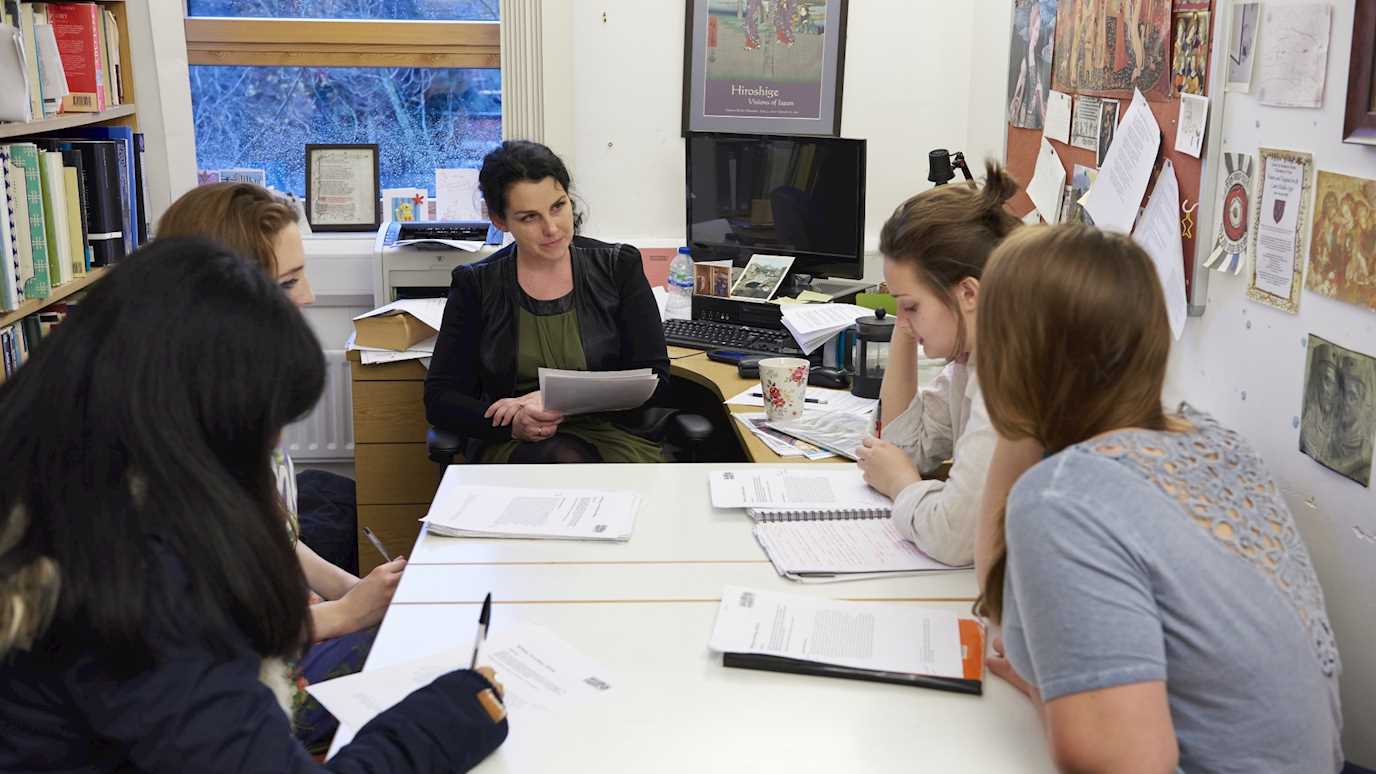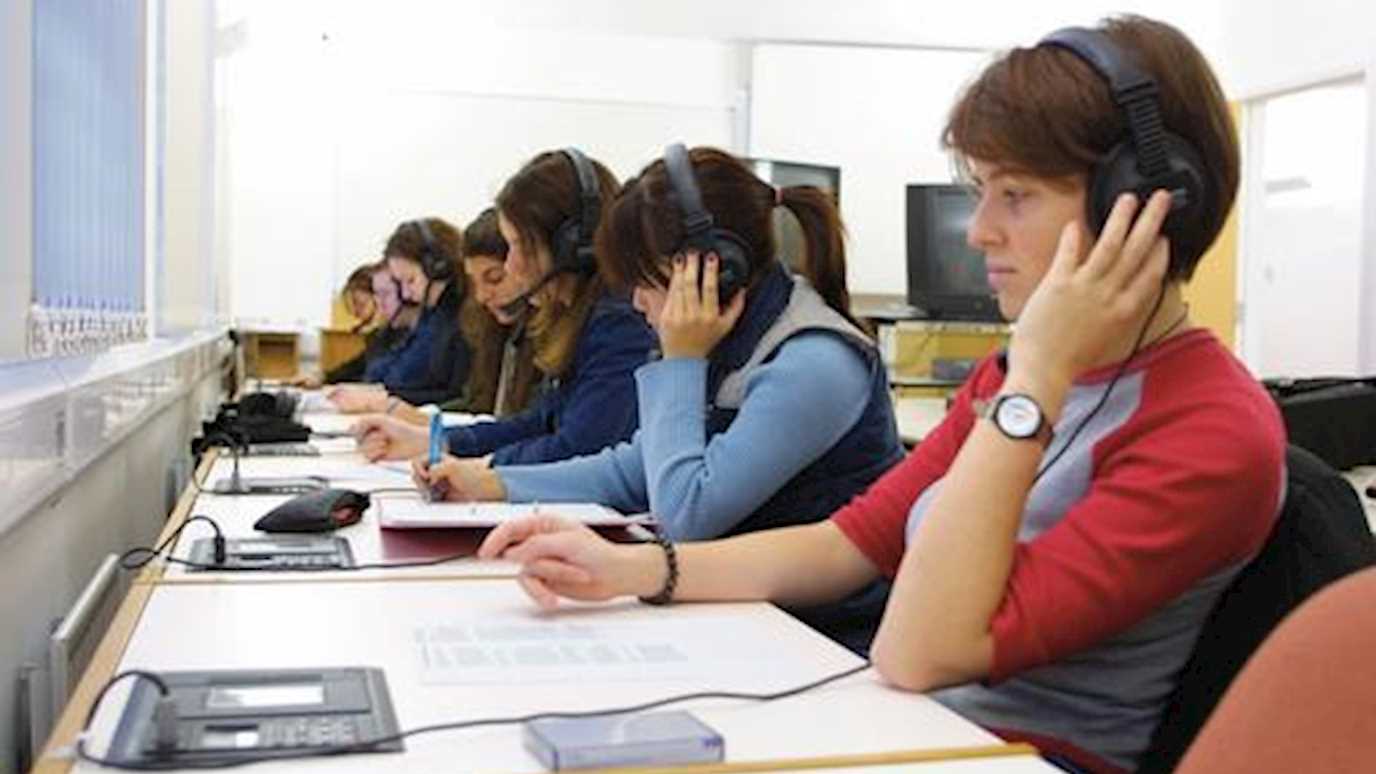Here you can find Royal Holloway’s policy on the European Exchange programme.
Royal Holloway’s international strategic objectives are aimed at promoting the university’s visibility and recognition abroad, both in specific countries and key strategic regions. The primary objectives are to attract talented students and staff to Royal Holloway, to engage in research which is both nationally and internationally influential and beneficial, to deliver a curriculum which is globally relevant and to provide opportunities for international mobility for Royal Holloway students and staff. Partnerships with a range of international (EU and non-EU) institutions form an essential element in achieving these strategic objectives. Partnerships with universities are selected primarily on the basis of academic complementarities and reputation. The decision is informed by the opportunities the partnership brings in reach and profile raising; in the potential for the development of collaborative research projects; in opportunities to develop joint teaching; and/or as a means of enhancing the student experience. Royal Holloway has institutional partnerships in Europe, the Americas, Australasia and Asia. Each partnership includes an element of student mobility as the university recognises the benefits of international study and work placements in terms of the intercultural competency skills gained and in preparing its graduates for employability in the globally competitive knowledge economy. Royal Holloway’s student and staff mobility activities comply with the university’s Equal Opportunities Policy and these opportunities are promoted extensively across the institution.
European partnerships are established within the European Exchange framework. Undergraduate study and work placements constitute the most significant part of the university’s European Exchange activities, followed by study placements for research students. Institutional priority is to support undergraduate students from the School of Modern Languages, Literatures and Cultures to do a compulsory year of study or work placement in a country where their target language(s) are spoken. In order to facilitate student mobility outside the European Exchange framework, Royal Holloway makes available a significant number of scholarships and bursaries each year, with the latter aimed at enabling students from less economically advantaged backgrounds to study abroad. In addition, the university has developed a suite of international partnerships which enable students to participate in Summer Schools, thereby providing students with an element of international experience and the opportunity to acquire basic competency in a foreign language. Outgoing students are supported by an experienced team of staff, including an academic with oversight of the student’s Study Plan at the partner institution, and a dedicated team of professional and administrative staff. Students are supported through the application process and are required to attend pre-departure briefings which include students who previously participated in studying abroad as well as students from partner universities studying at Royal Holloway. Regular communication is maintained with students whilst abroad with social media providing the means of passing on information rapidly, of sharing experiences and peer support. Where possible, university staff visit students at partner institutions, thereby providing opportunities for liaison and further partnership building. At the end of the study placements, students receive transcripts confirmed by the appropriate Royal Holloway Board of Examiners. Marks gained as part of the European Exchange scheme form an integral part of students’ undergraduate degrees. Arrangements for preparing and communicating with students before and during their European Exchange work placements are the same as outlined above. Work placements are approved by Royal Holloway staff, and students are required to submit Work Placement Reports and these marks form an integral part of their undergraduate degree.
Incoming students from partner institutions are given the same quality of education and support as degree-seeking Royal Holloway students. They follow the same courses and receive the same teaching, assessment and monitoring and have access to all services and facilities. Students receive detailed pre-arrival information and a comprehensive orientation on arrival, and each has a named advisor. On completing their studies, students receive a transcript which has been confirmed by the appropriate Royal Holloway Board of Examiners. Opportunities for staff to participate in European Exchange are communicated to staff and they are encouraged to apply for mobility funds. Staff mobility is primarily undertaken in the establishment of partnerships, or in the fostering of shared academic and research interests, and when visiting students. Currently, Royal Holloway does not participate in the delivery of multiple/joint degrees. Dual degrees are considered on a case by case basis.
Royal Holloway’s strategic approach to the organisation and implementation of international (EU and non-EU) cooperation projects can be summarised as “centralised oversight with devolved management”. Proposals for the development of international cooperation projects can emanate from Royal Holloway’s Senior Management, from the academic community and from Professional Service Departments. Relevant university committees consider and approve proposals for the establishment of partnerships, most notably the Royal Holloway Executive, the Academic Planning Committee and the Collaborative Provision Committee. The Collaborative Provision Committee receives annual reports on institutional partnerships and this Committee has responsibility for maintaining oversight of all institutional partnerships on behalf of the university. The Committee has the authority to extend or to terminate partnerships as deemed appropriate. Partnerships are underpinned by Memoranda of Understanding and Memoranda of Agreement or contracts. The former provides the framework within which partnerships are developed and scopes the potential areas of collaboration, whilst the latter, together with an Operations Manual, provides the detailed arrangements for each specific activity. Responsibility for managing Royal Holloway’s relationship with its strategic international partners, as well as those partnerships with international universities which include an element of inward or outward student mobility, are managed by Student Recruitment and Partnerships. In those instances where there is a single, departmentally-specific area of collaboration between a single academic department at Royal Holloway and the partner university, the partnership is managed by the relevant academic department in conjunction with the Faculty Dean.
Participation in the Programme is in harmony with Royal Holloway’s strategic objectives and priorities for 2013 -2020, and will play a central role in driving forward specific institutional objectives as outlined below. Those most closely linked to the Programme and the Modernisation Agenda are:
- to employ its expertise in teaching and research to contribute to local, regional, national and international social wellbeing and economic and development through individual academic endeavour, partnerships and networks [in support of Modernisation Agenda Priorities 1, 2, 3 & 4]. Participation will facilitate engagement with institutions thereby helping to extend the university’s reach and impact beyond its immediate geographical confines.
- to educate a diverse national and international student body and to provide them with intellectual and other opportunities to develop the knowledge and skills required for the Twenty First Century [in support of Modernisation Agenda Priorities 1,2 & 3]. Participation will help to ensure that the curriculum is internationally relevant and that the education and associated activities that are provided for students support the development of global citizenship skills.
- to deliver an outstanding student experience where students receive a tailored offer and have opportunities to develop skills for employability and citizenship via participating in such activities as work placements, internships, volunteering and studying abroad so as to equip them for an increasingly globalised workplace [in support of Modernisation Agenda Priorities 2,3 & 4]. Participation will facilitate inward and outward student mobility thereby increasing the breadth and depth of students’ education by providing increased opportunities for students to undertake the activities listed above.
- to develop its financial strength, leadership and governance capability in order to sustain and grow its position both for research and teaching in an increasingly competitive national and international market and challenging funding environment [in support of Modernisation Agenda Priority 5]. Participation will increase staff mobility which will aid inter-institutional collaboration and the sharing of good practice at all levels within the university.
Find out more
You can find out more about Royal Holloway's commitment to the European Exchange in our charter.
























